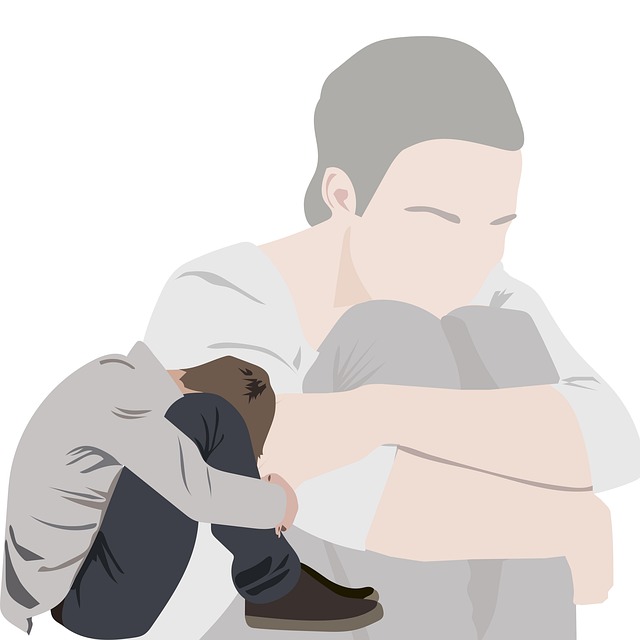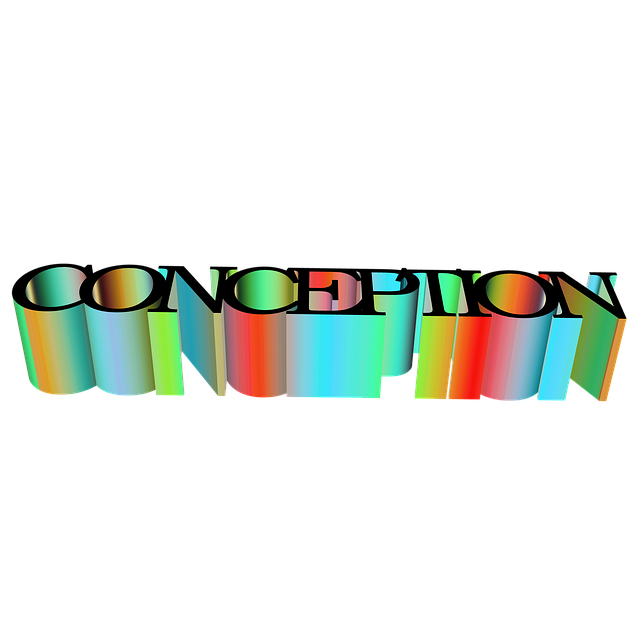Clinical depression, a severe mental health issue, is characterized by persistent sorrow, loss of interest, and various physical/emotional symptoms. Caused by genetic, biological, and environmental factors, it impacts all ages and requires early intervention through tailored depression treatment programs. These programs combine psychotherapy (e.g., CBT, IPT, MBCT), medication (antidepressants), lifestyle changes (exercise, diet, sleep), and support groups for comprehensive care. Regular communication with healthcare providers is vital to find the best combination of treatments. Long-term management includes self-care practices like mindfulness and cognitive behavioral therapy to build resilience and maintain mental well-being.
Clinical depression is a serious mental health condition impacting millions. Understanding its symptoms and available treatments is crucial for effective management. This comprehensive guide explores various depression treatment programs, from psychotherapy and medication to lifestyle changes and support systems. Learn how tailored approaches can alleviate symptoms, improve quality of life, and provide lasting coping strategies for those navigating clinical depression. Discover the diverse options available for optimal mental wellness.
Understanding Clinical Depression and Its Impact

Clinical depression, also known as major depressive disorder, is a common but serious mental health condition that significantly impacts an individual’s daily life and overall well-being. It goes beyond feeling sad or blue; it’s characterized by persistent feelings of profound sadness, loss of interest in activities once enjoyed, changes in appetite and sleep patterns, fatigue, difficulty concentrating, and even recurrent thoughts of death or suicide. This condition can affect people of all ages and backgrounds, with various factors contributing to its development, including genetic predisposition, brain chemistry imbalances, stressful life events, and environmental influences.
The impact of clinical depression extends beyond the individual; it affects families, friends, and communities. Those suffering from depression may experience a sense of isolation, struggle to maintain relationships, and often face challenges in fulfilling their roles at work or school. Recognizing the signs and symptoms is crucial, as early intervention through effective depression treatment programs can lead to significant improvements and even recovery. These programs typically include a combination of psychotherapy, medication, lifestyle changes, and support groups, tailored to address the unique needs of each individual.
Types of Depression Treatment Programs

Depression treatment programs offer a range of therapeutic approaches tailored to address various symptoms and severity levels of clinical depression. One common approach is cognitive-behavioral therapy (CBT), which focuses on identifying and changing negative thought patterns and behaviors contributing to depressive episodes. This evidence-based method has proven effective in helping individuals develop coping strategies to manage their symptoms.
Another popular treatment program is interpersonal therapy (IPT), designed to improve relationships and social functioning. IPT targets issues like conflict resolution, grief, and loneliness, which can be triggers for depression. Additionally, mindfulness-based cognitive therapy (MBCT) integrates meditation practices with CBT techniques to prevent depressive relapses, particularly in individuals with recurrent depression. These treatment programs often combine individual therapy sessions with group support, offering a comprehensive approach to depression treatment.
Psychotherapy for Depression: A Comprehensive Approach

Psychotherapy plays a pivotal role in depression treatment programs, offering a comprehensive approach to addressing the root causes and symptoms of clinical depression. This therapeutic method involves fostering open dialogue between patients and mental health professionals, creating a safe space for individuals to explore their thoughts, feelings, and behaviors. Through various techniques, such as cognitive-behavioral therapy (CBT), interpersonal psychotherapy (IPT), and psychodynamic therapy, psychotherapy helps individuals gain insights into their emotional struggles, develop coping strategies, and cultivate healthier ways of thinking and interacting with others.
One of the key strengths of psychotherapy is its ability to tailor treatments to individual needs. Depression treatment programs utilizing psychotherapy recognize that every person’s experience with depression is unique. By focusing on specific challenges and relationships, therapists can help patients challenge negative thought patterns, improve communication skills, and build resilience. This personalized approach not only enhances the effectiveness of depression treatment but also empowers individuals to manage their mental health effectively in the long term.
Medication Options to Manage Symptoms

Medication plays a significant role in many effective depression treatment programs. Antidepressant medications help balance brain chemicals that impact mood and emotions, offering relief from symptoms for many individuals. These drugs are typically prescribed by psychiatrists or medical professionals specializing in mental health. Different types of antidepressants include selective serotonin reuptake inhibitors (SSRIs), serotonin-norepinephrine reuptake inhibitors (SNRIs), and tricyclic antidepressants (TCAs). Each works in slightly different ways, targeting specific neurotransmitters like serotonin or norepinephrine to enhance their levels in the brain.
When considering medication as part of a depression treatment program, it’s crucial to remember that finding the right balance can take time. Different medications may work better for different people, and dosages need to be adjusted accordingly. Regular communication with a healthcare provider is essential to monitor progress, side effects, and make any necessary adjustments. Medication management alongside psychotherapy forms a comprehensive approach to managing symptoms of clinical depression effectively.
Lifestyle Changes and Complementary Therapies

Lifestyle changes and complementary therapies play a significant role in clinical depression treatment programs. Simple adjustments like regular exercise, a balanced diet, and maintaining a consistent sleep schedule can significantly impact mood and overall well-being. Studies have shown that physical activity releases endorphins, which are natural mood elevators, while a nutritious diet ensures the brain receives essential nutrients required for optimal function.
Additionally, complementary therapies such as mindfulness meditation, yoga, and light therapy have been integrated into depression treatment programs. These practices promote relaxation, reduce stress, and improve mental clarity. Mindfulness meditation, for instance, encourages individuals to focus on the present moment, thereby minimizing rumination and negative thought patterns. Similarly, light therapy mimics natural sunlight, helping to regulate sleep-wake cycles and alleviate symptoms of seasonal affective disorder (SAD), a type of depression associated with changes in seasons.
Support Systems and Long-Term Management Strategies

Building a strong support system is an integral part of managing clinical depression. This can include leaning on family, friends, or supportive communities who can provide emotional backing and encouragement throughout the journey to recovery. Many individuals find comfort in sharing their experiences with others who understand what they’re going through, often forming support groups where members help each other navigate challenges specific to depression treatment programs. These networks offer a sense of belonging and can be a reliable source of strength during difficult times.
Long-term management strategies for depression go beyond immediate treatment programs. Cognitive behavioral therapy (CBT), for instance, equips individuals with valuable coping mechanisms and problem-solving skills to manage symptoms effectively. Regular self-care practices, such as maintaining a balanced diet, engaging in physical activity, and practicing mindfulness or relaxation techniques, also play a significant role. By integrating these strategies into daily life, individuals can foster resilience and better regulate their mood over the long term.
